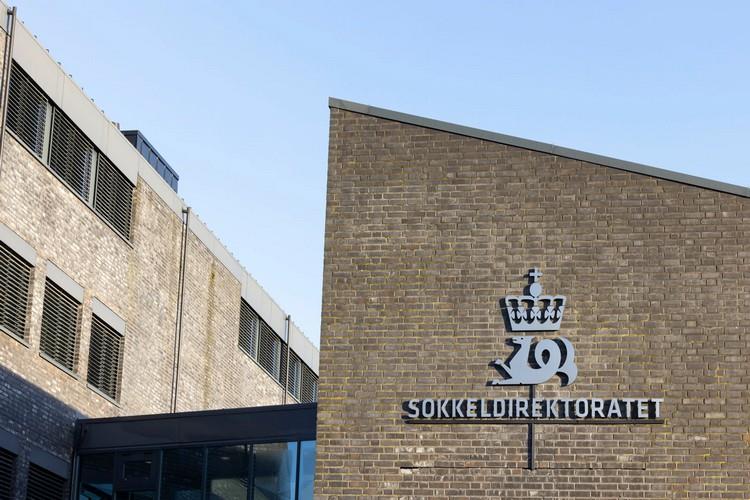
The annual report outlines how the Norwegian Offshore Directorate carried out its tasks and its civic mission last year.
2024 was characterised by a global landscape fraught with political unrest and conflict. There was a great demand for energy in Europe due to the sharp reduction in imports from Russia.

New records were set for sales of oil and gas from the Norwegian continental shelf (NCS), while overall oil and gas production achieved its highest level since 2009. Around 30 per cent of the gas consumed in Europe comes from Norway, which illustrates the importance of resources from the NCS for energy security in both the EU and the UK.
At the same time, many new projects are under development, which will contribute to secure production in the years to come. The Norwegian Offshore Directorate has been following up activity on the NCS throughout the year, and has provided its expert advice to the Ministry of Energy.
The Directorate’s primary objective is to contribute toward securing the greatest possible value for society from oil and gas activities on the NCS. The Directorate aims to accomplish this by means of effective and prudent resource management, including consideration for health, safety, the environment, and other users of the sea.
In 2024, the Directorate devoted particular attention to systematic follow-up of activity carried out in the production licences. Much of our proven resources remain in operating fields, which is why the Directorate has made systematic efforts to enhance recovery from these fields by challenging the licensees to drill more production wells and/or implement other effective measures.
While there have been few applications for approval of new developments in 2024, planning is underway to develop a number of discoveries. The Directorate is emphasising promoting such developments in an early phase so that final plans can address and incorporate sound resource management and value creation.
New strategy
Efforts to draw up a new strategy for the Norwegian Offshore Directorate commenced in 2023, and were completed just before the summer of 2024. Since then, work has been underway to assess whether the Directorate is organised in a way that is best suited to accomplish this strategy. These efforts will be completed in 2025.
Production from the NCS is expected to decline gradually in the years to come. However, the level of this decline will depend on the volume of new resources discovered and how much of the discovered resources are developed and actually come on stream.
The industry’s willingness and ability to explore for new resources, and actually produce them, will be extremely important to avoid an unnecessarily sharp decline in production.
Development and application of technology will likely become even more important than we have seen thus far. The industry is making good progress on technology in several areas. The Directorate has identified areas where this work should be intensified, and these areas are laid out in our own technology strategy.
CCS and minerals
There is significant and growing interest in suitable acreage to safely store CO2 on the NCS. The Directorate continues to develop new knowledge and learn about the storage potential. We are following up to ensure that the industry complies with regulations, and are also considering whether new projects can be realised in sound coexistence with other industries.
Since the Norwegian parliament (Storting) resolved to open the door for activity related to minerals on the seabed, the Directorate has worked to prepare draft regulations surrounding the administration of such a potential new industry. In parallel, we have continued our efforts to map the seabed.
One of the Directorate’s key tasks is to manage data from the NCS. More and more data has been released since the data confidentiality period was shortened a few years ago. In 2024, the Norwegian Offshore Directorate released around 3700 seismic data sets and more than 3.8 million well data sets.
The security challenges arising from factors such as unrest and war in Europe demand a high and continuous degree of preparedness and vigilance surrounding security and protections against increasingly sophisticated, complex threats. This has an impact on the work of both the Directorate and the sector as a whole. This unease also affects international energy markets, and underlines the importance of our ability to deliver energy to Europe in both the shorter and longer terms. Sustainable economic progress and sound and evolving prosperity are the recipe for sufficient and continuous access to energy at acceptable prices.
Source: Norwegian Offshore Directorate











